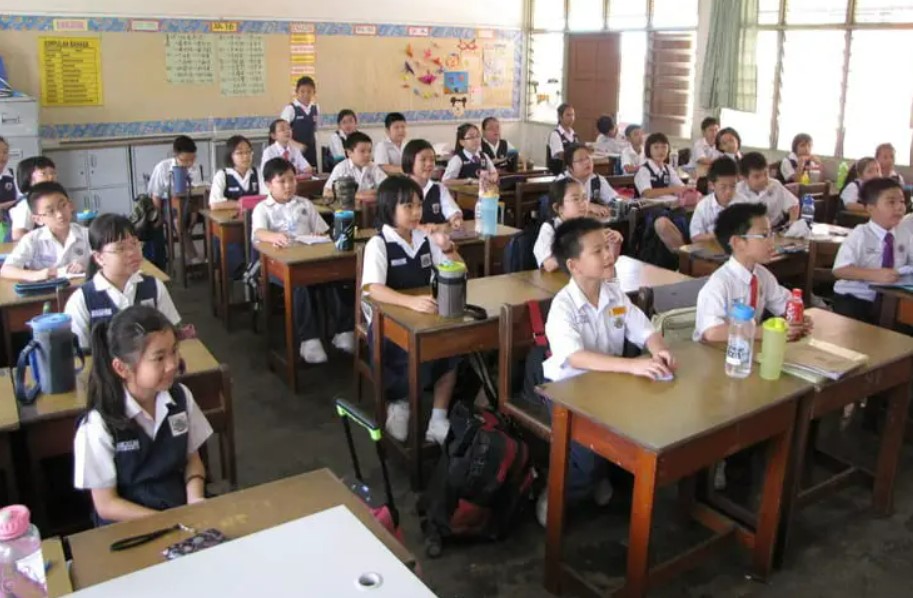AS the Budget day draws close, there have been calls for the Budget 2021 to be one that is empathetic, especially in view of the financial plight the rakyat is facing as result of a battered economy due to the COVID-19 pandemic.
EMIR Research, citing findings of the UNICEF-UNFPA’s Families on the Edge 2 report released recently, revealed that although household incomes showed improvement compared with their incomes during the initial phase of movement control order (MCO) in May, they still remained below pre-pandemic levels.
According to the survey results, many households especially those with female heads and disabled members, have experienced income losses of over 40% mainly due to retrenchments, pay-cuts, reduced working hours, and difficulties in resuming their businesses.
Their plight is made worse by rising cost of living despite a lower inflation.
Elaborating on this, Bank Islam Malaysia chief economist Dr Mohd Afzanizam Abdul Rashid opined: “Generally speaking, the headline consumer price index (CPI) shows a negative print.
“In the nine months of the year, CPI has declined by 1% from 0.6% in the same period last year. So it is a deflation and not inflation.
“However, the main factor is due to lower fuel prices. Therefore, if we exclude oil and other administrative prices or better known as the Core CPI, it actually went up by 1.2% between January and September this year from 1.0% in the same period last year.
“What it means is that prices are still on the rise with regard to food, beverages and health products among others. Therefore, issues surrounding higher cost of living have remained despite the rapid spread of pandemic.”
This, he noted, would affect households and also businesses although cash transfers programmes such as the Bantuan Prihatin Nasional, Geran Khas Prihatin as well as targeted moratorium and payment assistance programmes would help to ease their burden.
Mohd Afzanizam’s sentiments were echoed by the Socio-Economic Research Centre’s executive director Lee Heng Guie in a 2018 report whereby he pointed out that the overall inflation would not reflect the individual cost of living.
Price increases exceeding the rise in wages and gross income would erode the people’s purchasing power, leading to lower disposable income, according to Lee.
He also observed that households have to fork out more money to consume the same basket of goods and services, or even to cut down other expenses given the tight budget because of rising living cost.
“Rising cost of living has taken a heavy toll on low- and middle-income households though the cash handouts has provided some relief. Many households and consumers remained severely cash constrained and highly leveraged,” noted Lee.
With net savings (difference between mean income and expenditure) of B40 and M40 households reduced, any unwarranted shocks to employment and income, or price and expenditure shocks could dampen their balance sheets and temper spending and consumption, he added.
Individuals aren’t the only one who’s affected by the gloomy economic climate. Businesses, particularly small medium enterprises (SME) have been feeling the brunt of the global pandemic.
A survey by an online home services platform Recommend.my have found that 68.9% of SMEs have suffered more than 50% drop in business after the movement control order commenced in March.
Lee reckoned businesses must focus on operating efficiency efforts to mitigate rising input costs to gain extra savings.
He went on to say cash reserves serve as a buffer for small businesses facing cost pressures as costs often increase faster than they can raise prices. – Nov 5, 2020










